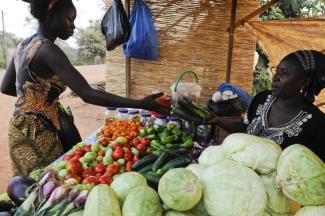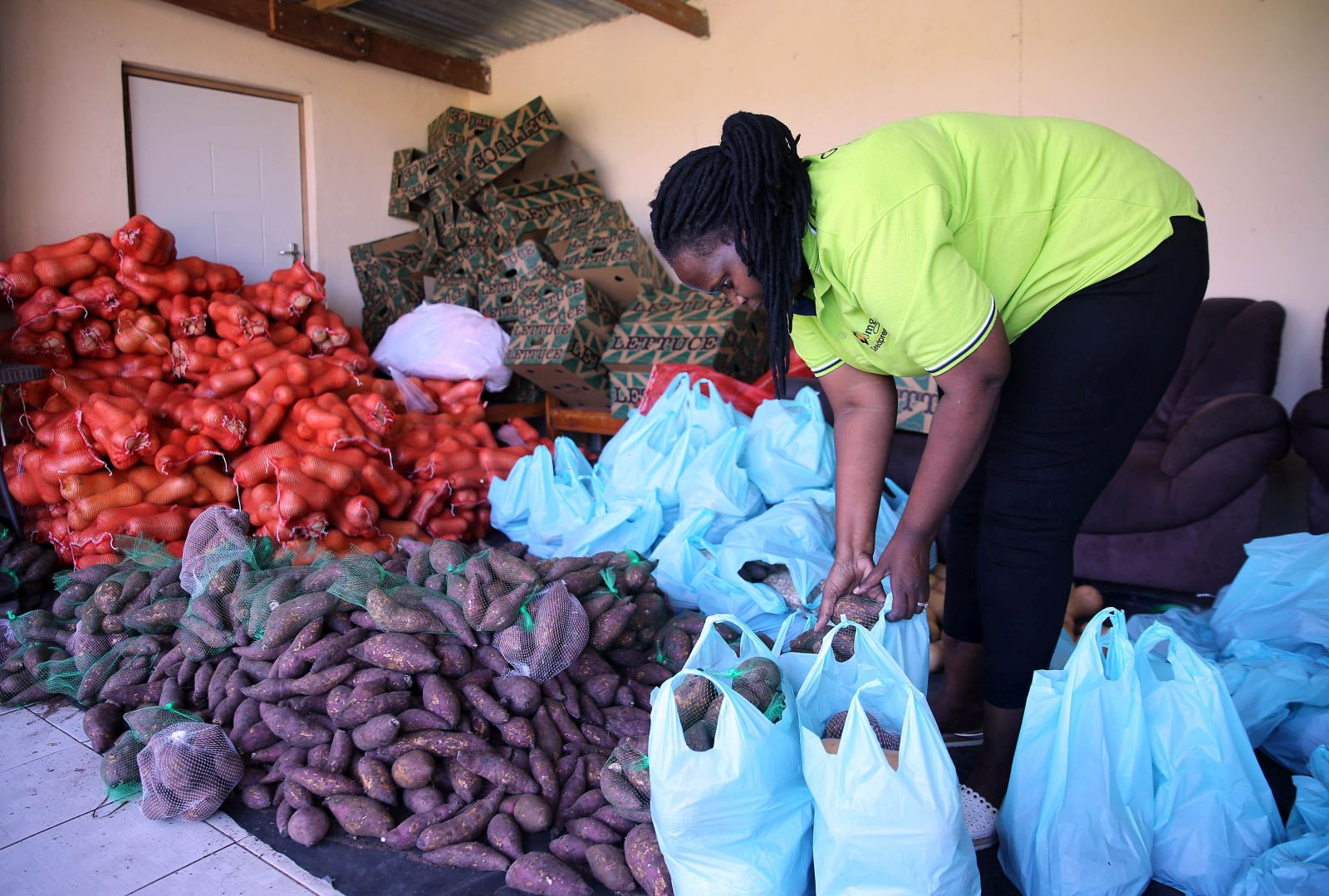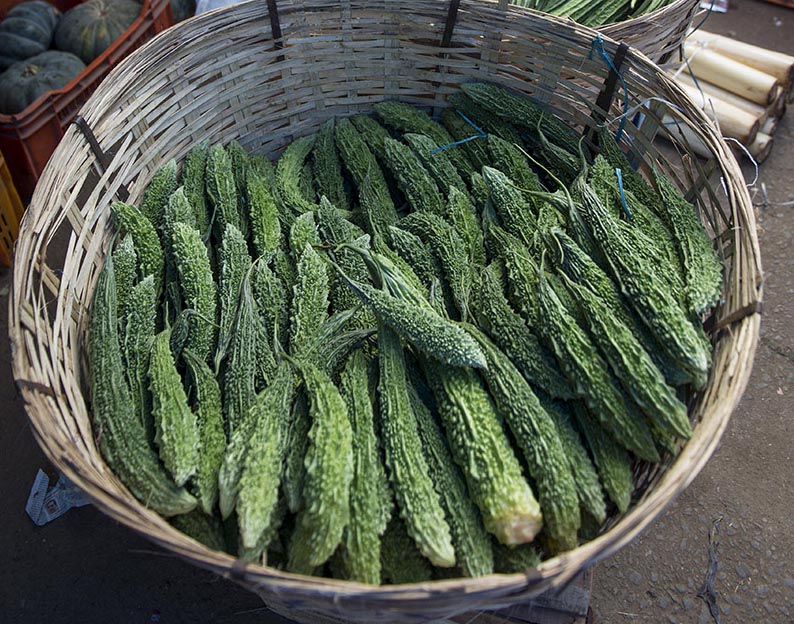Our view
Lack of awareness

For one thing, Germans are likely to prefer other dishes than Kenyans or Indians. Moreover, we are genetically programmed to appreciate sugar and fat, even though both are unhealthy in excessive amounts. For hunters and gatherers, that was an incentive to strive hard to get food like meat or fruits, which contain valuable proteins or vitamins respectively. Today, excessive consumption of sweets and meat is causing multiple problems.
Masses of people, nonetheless, still neither get what they like nor what they would need for a healthy lifestyle. The World Bank reckons that the Covid-19 crisis will plunge an additional 100 million people into extreme poverty in the course of this year alone. Global heating is another cause of growing need.
On the other hand, increasing prosperity does not solve all problems. Unhealthy food is very popular, including not only white bread or candy. Ready-made meals have become easily available in the cities of low and middle-income countries. All too often, they contain too much sugar, too much salt, too much fat and various aromatic substances. Such food is unhealthy, but people like the taste. Vegetables, fruits and whole wheat products are more advisable.
Around the world, the share of overweight people is growing. Ironically, many of them suffer what is called “hidden hunger”: they lack important micronutrients such as vitamins, minerals and some amino acids. Serious consequences include maternal and infant mortality as well as retarded mental and physical development. Unhealthy diets, moreover, contribute to chronic diseases like diabetes, hypertension and cancer.
More awareness raising is needed in all world regions. Even in rich countries, many people do not know that eating a lot does not necessarily prevent malnutrition. The food industry is aggressively marketing its products and spending billions on advertising. Many consumers are clueless about packaged meals not including all the nutrients they need, and multinational corporations such as Nestlé, Coca-Cola or Unilever do not want us to know that. They have a pattern of resisting obligations to indicate unhealthy ingredients, and they certainly don‘t want to have them taxed either.
At the same time, many low-income consumers consider healthy food – vegetables, fruits, whole-grain and dairy products – to be unaffordable. There are many reasons for high prices. Huge monoculture plantations tend to be more profitable than the cultivation of vegetables or fruits. Standardised commodities are easiest to export. Animal feed is produced on fields where healthy vegetarian food for people might otherwise grow. Commodity speculation and misguided agriculture subsidies are relevant too. Moreover, global heating is causing evermore draughts, storms and floods.
Excessive meat consumption is probably the greatest single challenge. It causes individual and collective harm. Intensive livestock farming requires exorbitant inputs of energy and other resources, and they are a driver of climate change. People around the world are copying the destructive consumption habits of Europe and North America. This is the road to disaster. The healthy alternative everywhere is more vegetarian, vitamin-rich and regionally produced food.
Sabine Balk is member of the editorial team of D+C Development and Cooperation / E+Z Entwicklung und Zusammenarbeit.
euz.editor@dandc.eu











